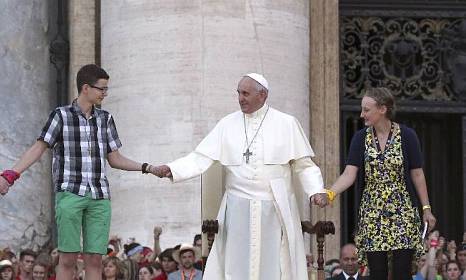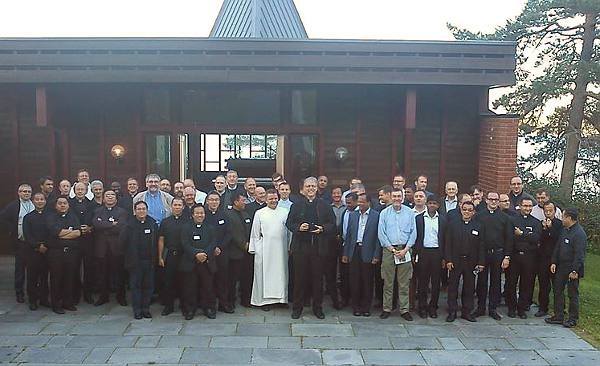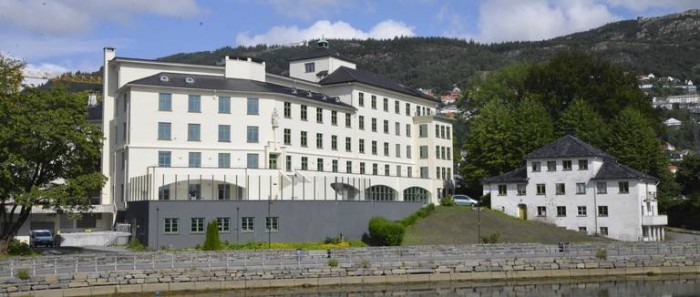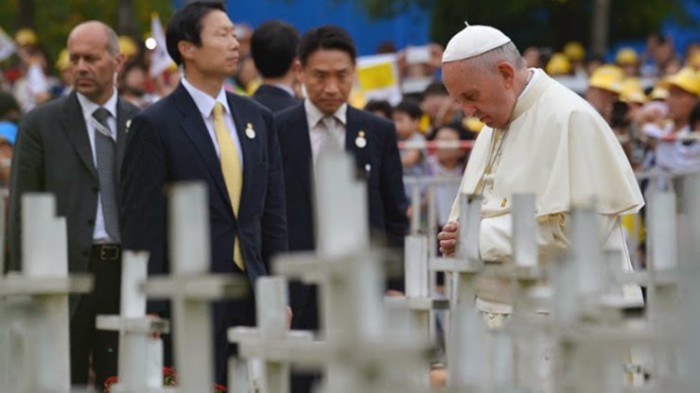Inntrykk av pave Frans

Janne Haaland Matlary siteres i Vårt Land «om den nye tid i Roma» – med ny pave. Hun sier at paven er svært populær og medienes yndling, men det er også ting hun selv har opplevd eller hørt som ikke bare er positivt:
… I kurien er meningene svært delte. En venn som er teolog og meget moderne, sier: «Han konsulterer aldri, sier bare det han vil og hvis han spør noen, er det en argentiner. Det er mangel på respekt for vårt arbeid». Det er ingen tvil om at den mektige romerske kurien er tilsidesatt, men med det er også finformuleringene av doktrine. Paven sier ting på en så folkelig måte at alle nås og forstår, men samtidig blir det svært enkle svar som ofte misforstås.
Mens forgjengeren Benedikt aldri ble medias venn da han nettopp uttalte at det ikke finnes enkle svar på kompliserte spørsmål, er denne paven noe så merkelig som populær i mediene. Men det enkle er muligens ikke alltid det beste? …
Min kritiske venn i kurien sier at paven alltid har tre poeng i sine prekener og at de alle er så enkle at enhver kan forstå dem, men at dette også skaper forvirring fordi det som sies, ikke forankres. Ja, det er vel samme oppskriften som Jesus selv brukte, for lignelsene er jo en pedagogisk metode.
Paven Frans har altså valgt en stil som er fullstendig konsistent med kjernen i det kristne budskap: pastoral omsorg og oppfordring til omvendelse, praksis fremfor ord, konsentrasjon om hovedbudskapet.
Da vi sist var i Vitenskapsakademiet, var det en liten håndskrevet lapp fra ham på spansk til oss med beskjed om å jobbe med ‘trafficking’ i alle dets aspekter, fra prostitusjon til tvangsarbeid og det som verre er. Ingen normal oppgave for et vitenskapsakademi, og innbudte talere var heller ikke de vanlige akademikerne, men folk fra søppelplukkernes og gateselgernes organisasjon i Buenos Aires. Så vi skal utvikle sosialpolitikk nå. Hva er mest nyttig; det eller vitenskaplige analyser? Det umiddelbare svaret er sosialpolitikk, men det er ikke det opplagte svaret i et lengre perspektiv. …






